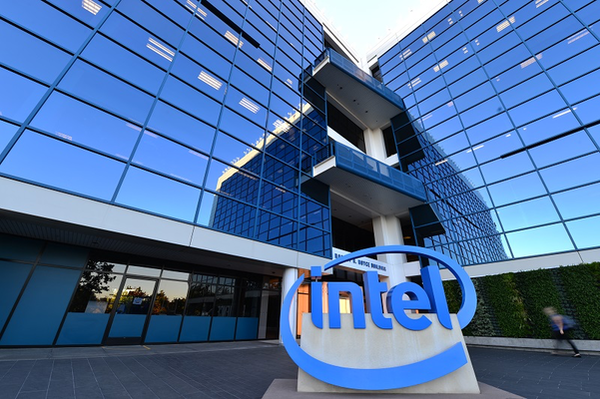Enter 2020.12.29 06:00 | Revision 2020.12.29 06:34
Presenting’supply schedule, quality and performance, economy of supply chain’ under three conditions of foundry
If the outsourcing of Intel production is expanded, the division of the semiconductor industry’Fabless-Foundry’ may accelerate
TSMC-Samsung Electronics’ strongest candidate… Higher possibility of TSMC ahead of technology
Delivery is cheaper than Samsung Electronics, TSMC… Apple’s Lost Intel May Seek New Cooperation

According to the semiconductor industry on the 29th, Intel is currently evaluating the mass production capability of 7-nano process with Intel and other foundry companies with the aim of an announcement at the beginning of the year. There are three criteria for evaluating the foundry set by Intel:’predictable (supply) schedule, product performance, and supply chain economics’.

Earlier in July, Intel announced that it would postpone the CPU mass production schedule for about six months because it could not solve the problem of yield (the ratio of good products to total production) in the 7-nano process. For this reason, the timing of mass production of CPUs for PCs with 7-nano process introduced was delayed to the second half of 2022, and mass production of server CPUs was delayed by a year from the original plan to the second half of 2023.
AMD is already releasing a 7-nano process product, which is evaluated as being ahead of Intel. Moreover, it is reported that AMD has also ordered a 5-nano process chip from TSMC, the number one global foundry. The industry analyzes that if the perception that Intel is lagging behind in microprocessing becomes solid, it will inevitably have a sense of crisis that it will fall behind AMD in the next-generation semiconductor competition.
Intel also struggled in late 2018 when it was trying to switch from a 14-nano process to a 10-nano process. As the 10-nano process was delayed, the number of products that had to be made through the 14-nano process increased, and the production of each product was concentrated, and it was not possible to make products as much as demanded. For this reason, at the time, Intel had to resolve the supply and demand shortage by entrusting 14nm semiconductor products excluding CPUs to other foundries such as Samsung Electronics and TSMC.

Intel’s foundry candidates are TSMC and Samsung Electronics. Currently, these two companies are the only companies capable of microprocessing below 7 nanometers that Intel needs. The two companies succeeded in mass production of the 5-nano process, and are accelerating the mass production period by increasing investment in the 3-nano process.
So far, TSMC is most likely to become Intel’s partner. It is because it is ahead of Samsung in technology and mass production capabilities. It is in line with the’product performance’ that Intel has set as a foundry condition. TSMC is not involved in design, but is focusing only on production, so there is a view that it is advantageous to’secret maintenance’ compared to Samsung, which also produces system semiconductors. Samsung Electronics could be a potential competitor, so Intel might not be willing to give out a blueprint for chip production.
Samsung Electronics is not without the possibility at all. Samsung Electronics’ foundry has been recognized for its product ability to attract Qualcomm and Nvidia as customers, and it is known that the delivery unit price is 20-30% cheaper than TSMC in the 10nm or less microprocessor market. It meets the’supply chain economics’ among the foundry standards suggested by Intel.

If TSMC, which has been driven by orders, cannot digest Intel products, there is a possibility that Samsung Electronics will enjoy a drop effect. It is said that Samsung Electronics can better satisfy Intel’s last criterion,’predictable supply schedule’ than TSMC.
In addition, it cannot be ruled out that Intel, which has lost a large customer company called Apple, is joining hands with Samsung Electronics for a new partnership. In this regard, Hana Financial Investment said, “Intel is breaking up after the end of its partnership with Apple.” Samsung Electronics is by far the foundry partner who will join hands as the next best option if it cannot fulfill the order of the company.
